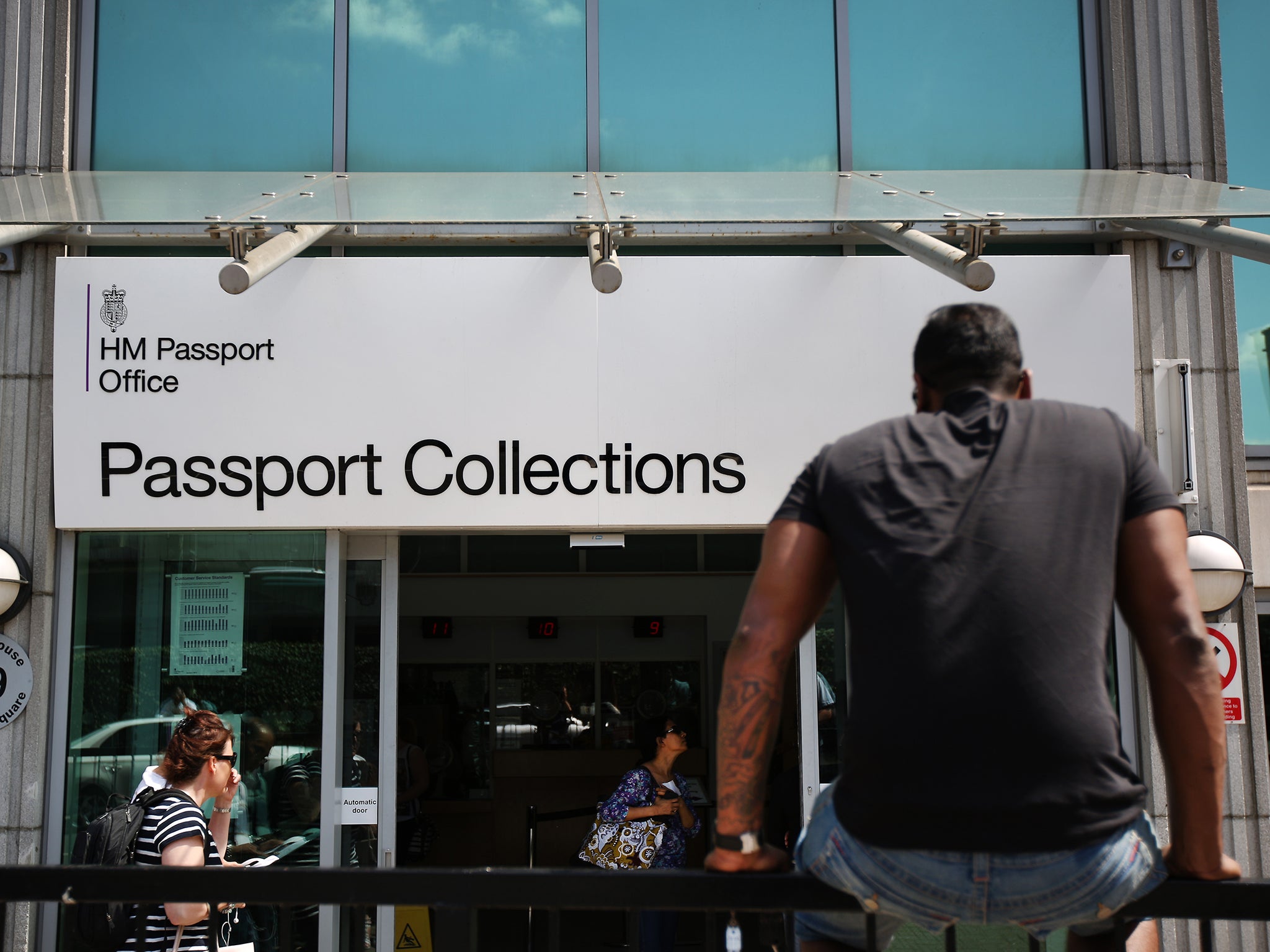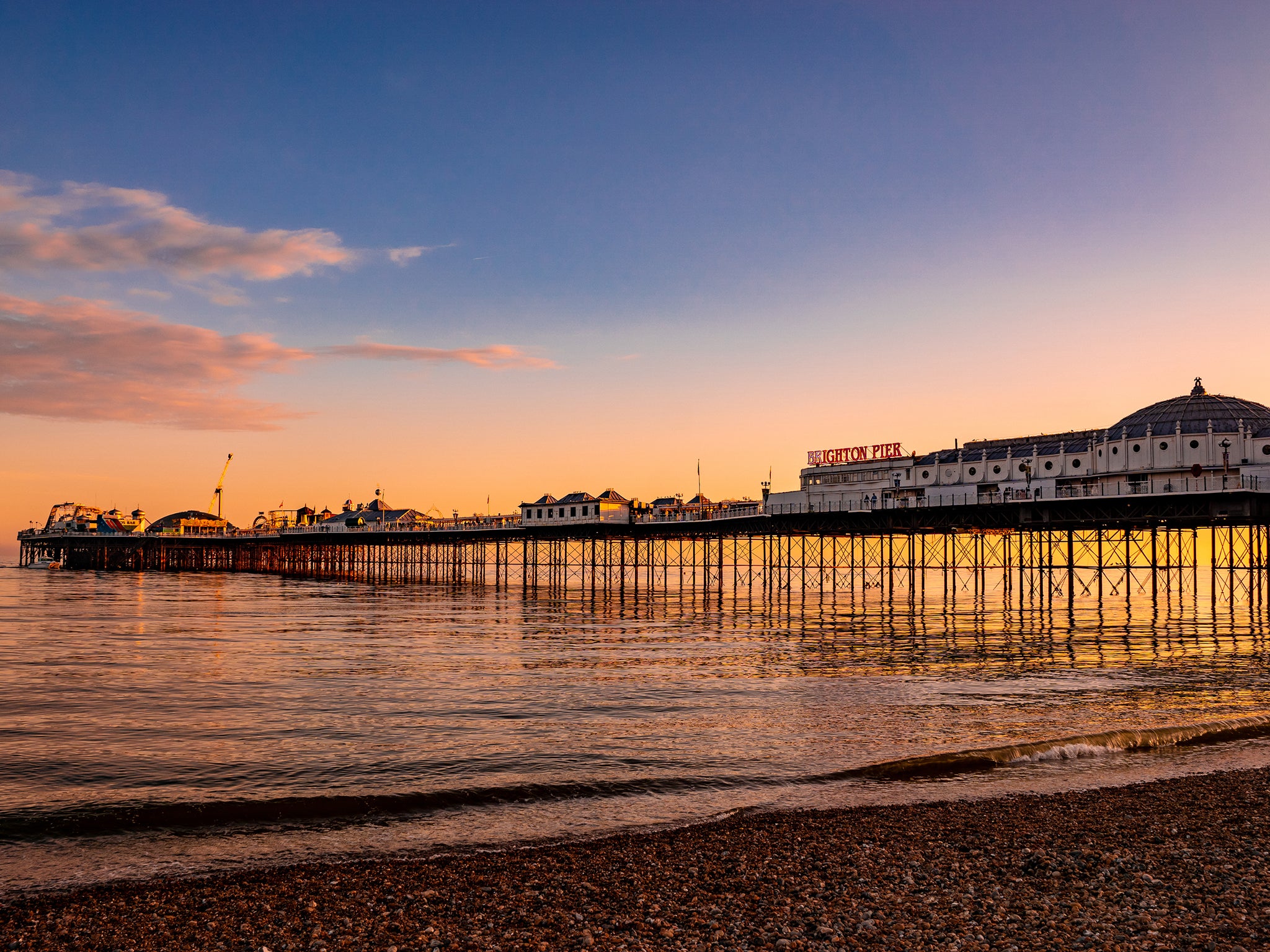Should we postpone our Corfu holiday until August?
Simon Calder answers your questions on summer travel, quick passport renewals and staycation conspiracy theories


Q My family and I are booked to go to Corfu on 20 July until 6 August. Do you know where I can access the 14-day cases/100,000 statistic for the individual islands? And in your learned opinion, would we be better off moving to August to stand a much better chance of Corfu being on the green list?
“Tweaky Austin”
A I follow A to Z Guides, which has regular updates of case numbers on the Greek islands – showing, for example, that 43 cases were recently confirmed on Crete compared with just 16 on Corfu. But since Crete has six times as many inhabitants as Corfu, it is doing relatively better. However, while I regularly study the numbers, I do not ascribe particular powers to them. And I suggest you don’t torture yourself with peering through the data for individual islands: it is likely to be disregarded anyway.
As a reminder, Greece and almost everywhere else in Europe is on the amber list, requiring 10 days of self-isolation on return to the UK. Nearby Turkey and Egypt are on the red list, with hotel quarantine of 11 nights mandatory for anyone arriving in the UK. Among European countries, only Iceland and Gibraltar are on the green list and accessible.
The next decision days for switching the “traffic light” assignments are 24 June, 15 July and 5 August – the day before you are due to return. I think there is a vanishingly small chance that the green list will be significantly increased on 24 June. Since the government will have just postponed the planned domestic opening in the UK, I predict it will ignore the data that indicates (for example) Malta should be on the green list – and will be a much safer place to be than the UK.
On 15 July Malta and some other islands may be added to the green list (possibly including a sprinkling of Greek isles), with an outside chance that Portugal could be readmitted. But 5 August will be the big one. By then almost all adults will have had at least one jab, while infection rates across Europe will be far lower. I would be surprised if Corfu were not green-listed by then. If it makes the cut on 5 August, but the change takes effect only a few days later, you might be in the awkward position of having to delay your return home.
Remember this is all speculation. But certainly, the later you travel this summer, the more likely it is that restrictions will be eased.

Q Is the extra charge for a quicker passport renewal a rip-off? Here are the circumstances. I am going on a short cruise around the British Isles on 8 July. My passport expires on 26 February 2022 and therefore is comfortably over the six-month validity requirement. But because it was issued on 26 October 2011, as far as the passport office is concerned it expires on that date in 2021. This has meant that instead of renewing at the post office – cost £90 – I have to drive 80 miles to Liverpool and pay £147 for a seven-day turnaround.
Trevor W
A I am afraid you have been the victim of a combination of unfortunate decisions, events and statements.
First, there is no legal need for a passport on a cruise around the British Isles. Cruise firms are asking for one, presumably for their own convenience in confirming passengers’ identities. That is probably defensible in law.
To insist on it being valid for six months is absurd. The “six-month validity requirement” you mention is demanded only by relatively few foreign countries; you will not be visiting any of them. Anyone caught by this stipulation and refused boarding by a cruise line could probably mount a valid claim that it is an unfair contract term.
Next, the mystery of the fast-expiring passport. This is a consequence of Brexit and excessive caution on the part of the UK government. The deal to leave the European Union that the UK negotiated means that, as a third country, no passport can be valid for more than 10 years (it was fine while we were a member). Theoretically, your passport expires – purely for EU purposes – on 26 October 2021. Again, this is irrelevant because even if you visit Ireland, an EU member, the Common Travel Agreement means there is no need for a passport. But the government's online passport checking service is programmed to give the least theoretical validity.
Finally, the rush for a replacement. There was never any need to drive to Liverpool. While in April the UK Passport Office put out a story warning of 10-week queues for a renewed document, long waits have not materialised – partly because of the continued extreme restrictions on international travel. Two weeks, tops, is what I would predict at present.
You, with the best of intentions, have been royally messed around by misinformation. All I can suggest is that you send my response to the cruise line and ask, politely, if they might upgrade you on the basis that they started the whole thing with their unreasonable passport requirement.

Q Isn’t it becoming obvious that our government just wants us to spend our money at home this summer? Hence the ridiculous, politically motivated U-turn on Portugal and keeping Malta on the amber list?
Warfield Red
A I have heard this theory advanced many times but I do not subscribe to it. The tangle of travel restrictions that is designed to keep us from going abroad to all but a tiny handful of niche destinations (Gibraltar, the Faroe Islands, Iceland) has undoubtedly persuaded many people to stay at home this summer. But that does not necessarily translate into an immediate benefit to the UK travel industry. Prices for holiday products that most people seem to want – from beachside hotels to country cottages – have soared. But locations that foreign visitors tend to like, such as historic locations (Stratford-upon-Avon, York, Chester) have not done nearly so well. And central London luxury hotels, where normally each year thousands of people from the Middle East, Asia and North America would be paying top dollar, are almost empty.
The same travel restrictions that make an international journey almost anywhere from the UK so difficult have also closed down the inbound tourism industry. We could argue for days about why the government has adopted such a hesitant, damaging and data-free approach to international travel, but I believe it is rooted much more in the polls than in any desire to keep holidaymakers spending at home. If the latter were the intention, I predict the economic evidence will show it to be a failure.
Email your questions to s@hols.tv or tweet @simoncalder
Join our commenting forum
Join thought-provoking conversations, follow other Independent readers and see their replies
Comments